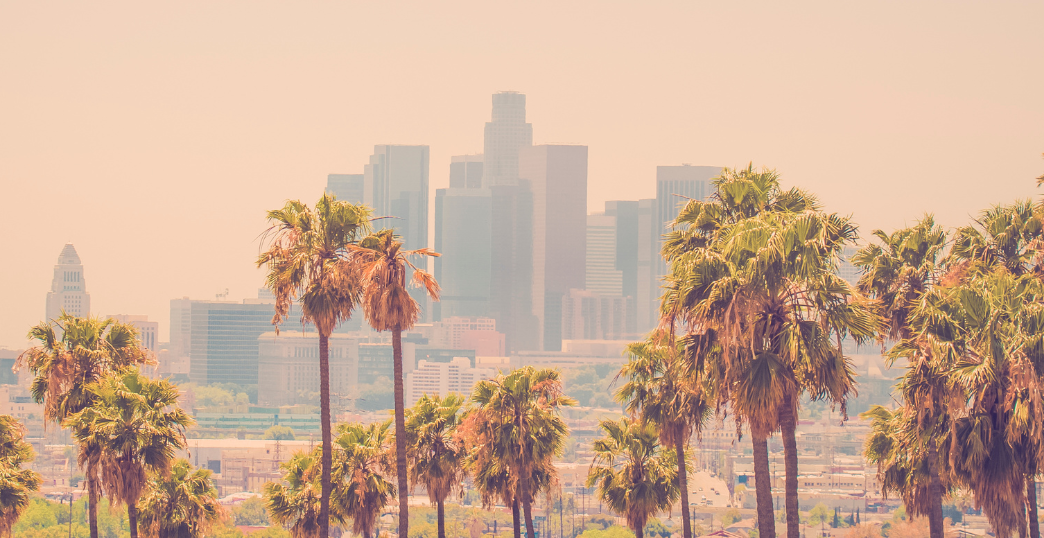California is known for setting the pace in culture, wellness, and innovation. It could be said that California currently stands at the intersection of clean beauty and cutting-edge technology, and is becoming a launchpad for some of the most forward-thinking brands and startups in the world.
As terms like “beauty tech” gain traction, many consumers are left wondering what exactly does it mean?
At its core, beauty tech refers to the integration of technology into the development, delivery, and personalization of beauty products and services. This includes everything from AI-powered skincare diagnostics to virtual makeup try-ons. Increasingly, beauty tech also encompasses biotechnology, using science and bioengineering to create more effective, sustainable beauty formulations.
Biotech in beauty can involve lab-grown ingredients (like squalane derived from sugarcane rather than shark liver), DNA-based personalization, microbiome-focused skincare, and plant-based actives developed through green chemistry.
California’s deep-rooted wellness culture has created a perfect environment for clean beauty to flourish. Consumers here tend to demand more from their products: more transparency, fewer toxins, and a stronger commitment to sustainability. As a result, many of the country’s leading clean beauty brands have emerged from this region.
Biossance founded in Berkeley uses biotech to produce ethically sourced ingredients that mimic skin’s natural components. Versed Skincare, based in Los Angeles, has built a loyal following with its budget-friendly, vegan formulas and minimal-waste packaging. California Naturals taps into the state’s coastal aesthetic with its naturally derived hair and bath products, housed in recycled packaging. And The Honest Company, founded in LA by Jessica Alba (and went public in 2021 (NASDAQ: HNST)), helped bring the concept of non-toxic living into the mainstream.
These brands combine aesthetics with ethics, creating high-performing products that reflect California’s values: health, environmental responsibility, and social consciousness.
Alongside clean beauty brands, California is also a thriving hub for beauty tech startups—companies using digital platforms, data science, and AI to transform how consumers experience beauty.
Ipsy, headquartered in San Mateo (parent company is Beauty For All Industries) altered the beauty subscription model by applying machine learning to customize monthly product selections and focusing on. Funnily enough, the founder/CEO of Ipsy was reportedly involved in launching Funny or Die, a comedy media company.
I’m not passionate about makeup any more than I was passionate about comedy. I was one of the first employees at Funny or Die, Will Ferrell’s comedy company. While at Funny or Die, I noticed that there were a number of YouTube celebrities who were becoming bigger than our “traditional” A-list comedians. Funny or Die was not interested in pursuing that side of things, so I started a company called Real Influence that matched online personalities with brands. That’s how I got connected with Michelle Phan, who is the most viewed beauty creator on YouTube.
Marcelo Camberos, founder of ipsy
source
Kendo Brands (now a division of French luxury goods conglomerate LVMH, which is the parent company of Fenty), based in San Francisco, operates more like a ‘brand incubator’ than a beauty company, launching influencer-fueled brands that respond quickly to market shifts.
Here is LVMH group president of Greater China, Andrew Wu engaging with the very popular actor Dylan Wang (王鹤棣) promoting the celebrity/influencer-fueled brand Fenty.
Fenty Beauty updates full conversation between #WangHedi and LVMH President for China Andrew Wu #DylanWang #王鹤棣 pic.twitter.com/UzRCBgEjMm
— whdsmile (@wanghedismile) April 29, 2025
The founder of Kendo Brands is the former CEO of Sephora USA, David Suliteanu (Sephora also has corporate offices in San Francisco).
California-based mass-market players like e.l.f. Cosmetics are integrating digital tools to better engage consumers and optimize product development.
This marriage of beauty and technology is more than a trend—it’s a structural shift. And California is at the center.
A major reason California continues to dominate in both clean beauty and beauty tech is its exceptional access to venture capital (VC)—a vital resource for startups aiming to scale quickly.
But why is there so much VC money in California?
Perhaps the answer lies in the legacy of Silicon Valley, which has attracted generations of investors, tech talent, and entrepreneurs. This region remains one of the most well-funded and innovation-focused ecosystems in the world. While it was originally rooted in traditional tech sectors like software and semiconductors, the investment landscape has broadened to include adjacent categories like health, wellness, and beauty.
Venture capitalists in California are drawn to companies that blend science, sustainability, and digital innovation, making clean beauty and beauty tech a natural fit. Not to mention that California is also reportedly the fourth largest economy in the world!
